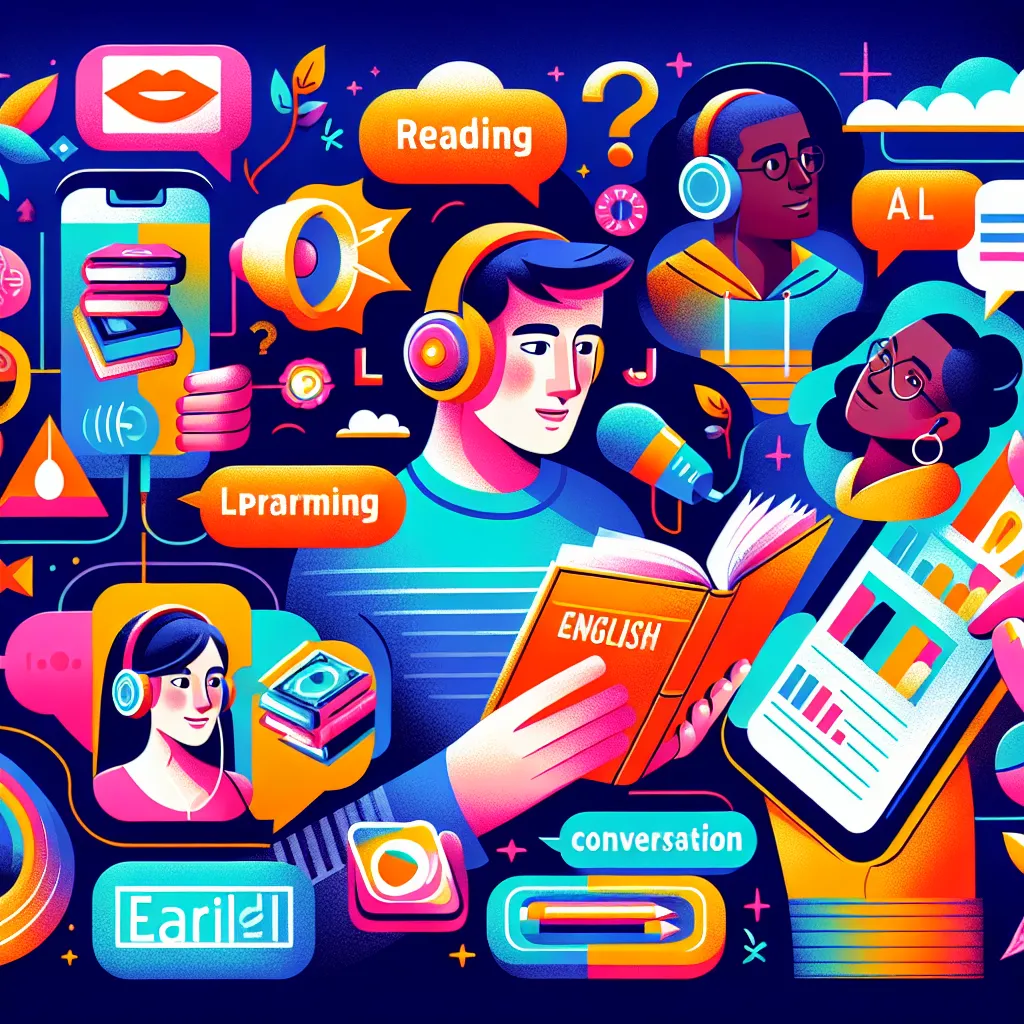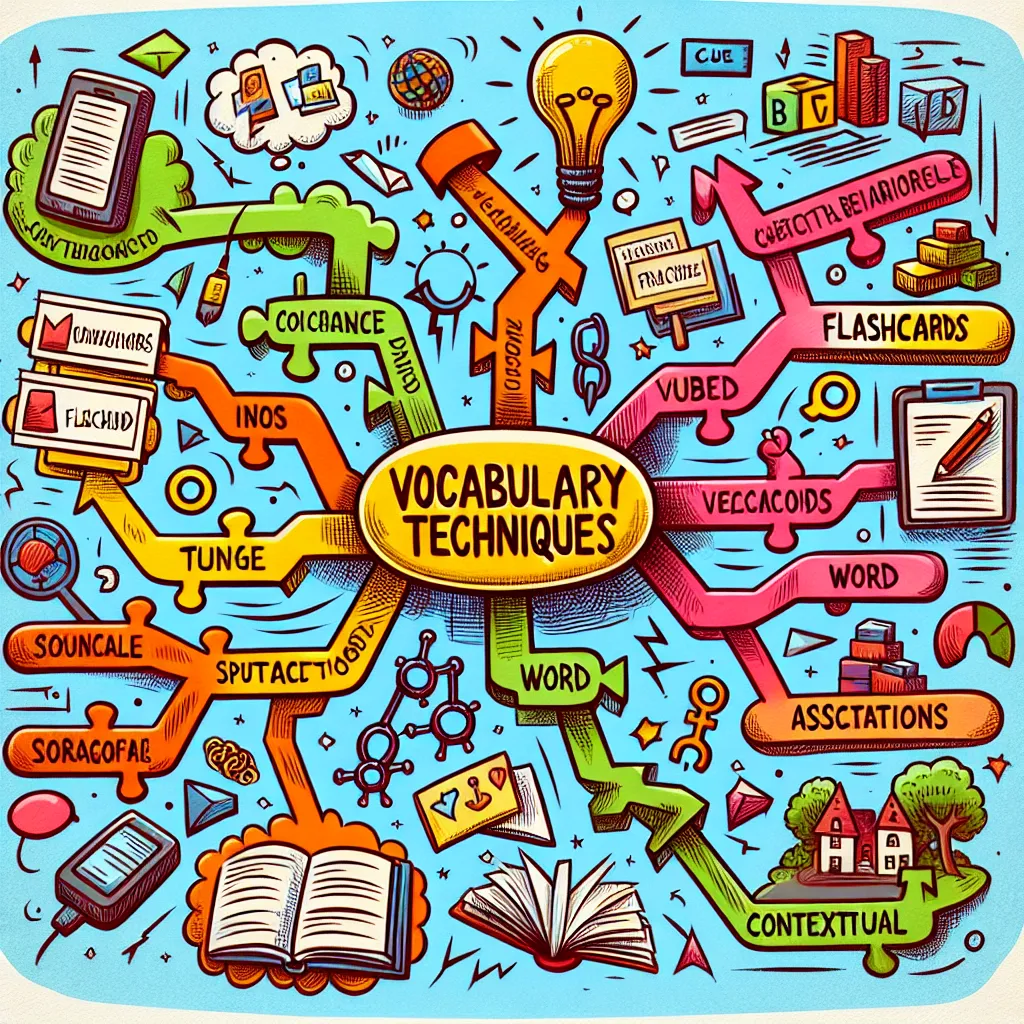Are you looking to enhance your English language skills? Whether you’re a beginner or an advanced learner, developing effective English Learning Strategies is crucial for your success. In this comprehensive guide, we’ll explore various techniques and resources to help you master the English language efficiently.
Understanding the Importance of English Learning Strategies
English has become the global lingua franca, essential for international communication, business, and academic pursuits. Implementing effective learning strategies can significantly accelerate your progress and make the learning process more enjoyable and rewarding.
 English Learning Strategies
English Learning Strategies
Key English Learning Strategies
1. Immerse Yourself in English
Immersion is one of the most effective ways to learn a language. Here are some strategies to create an English-rich environment:
- Watch English movies and TV shows with subtitles
- Listen to English podcasts and radio programs
- Read English books, newspapers, and magazines
- Change your device language settings to English
By surrounding yourself with English content, you’ll improve your listening skills, expand your vocabulary, and become more familiar with natural language patterns.
2. Practice Speaking Regularly
Speaking is often considered the most challenging aspect of language learning. To improve your speaking skills:
- Find a language exchange partner or join conversation groups
- Practice speaking with native speakers through language exchange apps
- Record yourself speaking and listen for areas of improvement
- Use voice recognition software to practice pronunciation
Remember, consistency is key. Aim to speak English for at least 15-30 minutes every day.
3. Develop a Strong Vocabulary Base
Building a robust vocabulary is essential for effective communication. Try these strategies:
- Learn new words in context through reading and listening
- Use flashcards or spaced repetition software for vocabulary retention
- Study word families and common collocations
- Practice using new words in sentences and conversations
Aim to learn 5-10 new words or phrases daily, and review them regularly to ensure retention.
 Vocabulary Learning Techniques
Vocabulary Learning Techniques
4. Focus on Grammar Through Practice
While grammar is important, it’s best learned through practical application rather than rote memorization. Try these approaches:
- Study grammar points in context through authentic materials
- Practice using specific grammar structures in your writing and speaking
- Use grammar checker tools to identify and correct mistakes
- Complete targeted grammar exercises to reinforce learning
Remember, the goal is to use grammar correctly in real-life situations, not just to pass tests.
5. Improve Your Writing Skills
Writing helps consolidate your language skills and improves your ability to express complex ideas. To enhance your writing:
- Keep a daily journal in English
- Participate in online writing forums or blogs
- Practice writing different types of texts (emails, essays, reports)
- Use writing prompts to stimulate creativity and practice
Don’t be afraid to make mistakes; writing is a process, and improvement comes with practice and feedback.
6. Enhance Listening Comprehension
Developing strong listening skills is crucial for understanding native speakers. Try these strategies:
- Listen to a variety of English accents and dialects
- Use English language learning podcasts designed for your level
- Practice active listening by summarizing what you’ve heard
- Use dictation exercises to improve your ability to distinguish sounds
Start with materials slightly above your current level to challenge yourself while still being able to understand the main ideas.
Leveraging Technology for English Learning
In today’s digital age, numerous technological tools can support your English learning journey:
- Language learning apps (e.g., Duolingo, Babbel)
- Online courses and MOOCs
- Virtual reality language immersion experiences
- AI-powered language tutors and chatbots
These tools can provide personalized learning experiences and instant feedback, complementing traditional learning methods.
 Technology in Language Learning
Technology in Language Learning
Setting Realistic Goals and Tracking Progress
To maintain motivation and see tangible improvements:
- Set SMART (Specific, Measurable, Achievable, Relevant, Time-bound) goals
- Use language proficiency tests to assess your level regularly
- Keep a learning journal to reflect on your progress
- Celebrate small victories and milestones in your learning journey
Remember, language learning is a marathon, not a sprint. Consistency and patience are key to long-term success.
Overcoming Common Challenges
Even with the best strategies, learners often face obstacles. Here are some tips to overcome common challenges:
- Plateau in progress: Mix up your learning routine and seek new challenges
- Lack of motivation: Find a study buddy or join a language learning community
- Time constraints: Integrate English into your daily activities (e.g., listening to podcasts during commutes)
- Fear of making mistakes: Embrace errors as learning opportunities and focus on communication rather than perfection
Conclusion
Mastering English requires dedication, consistent practice, and the right strategies. By implementing the techniques discussed in this guide and leveraging available resources, you can accelerate your English learning journey and achieve your language goals. Remember to tailor these strategies to your personal learning style and preferences for the best results.
Start applying these English learning strategies today, and watch your language skills flourish. Don’t forget to stay curious, enjoy the process, and celebrate your progress along the way. Happy learning!
[internal_links]




